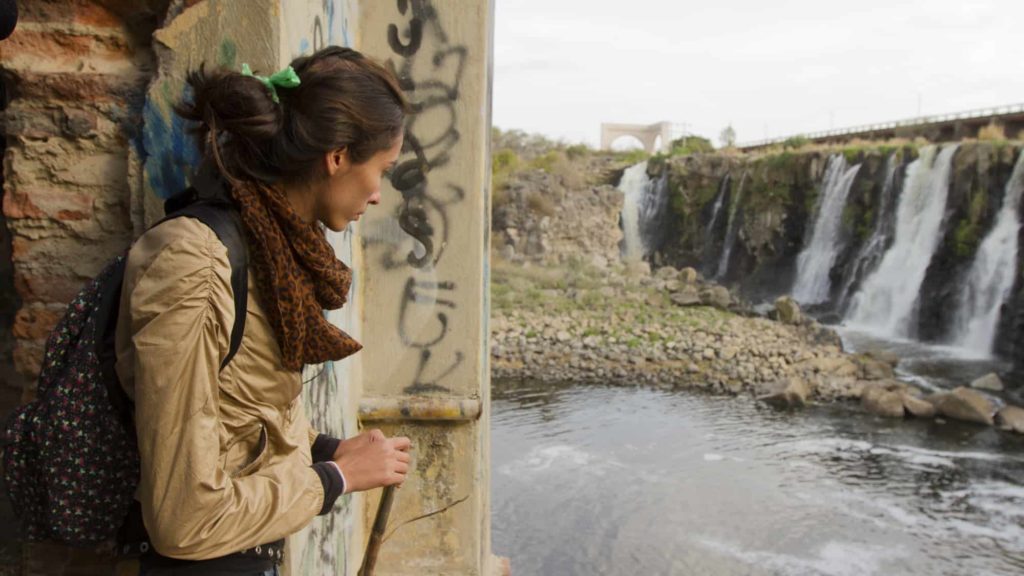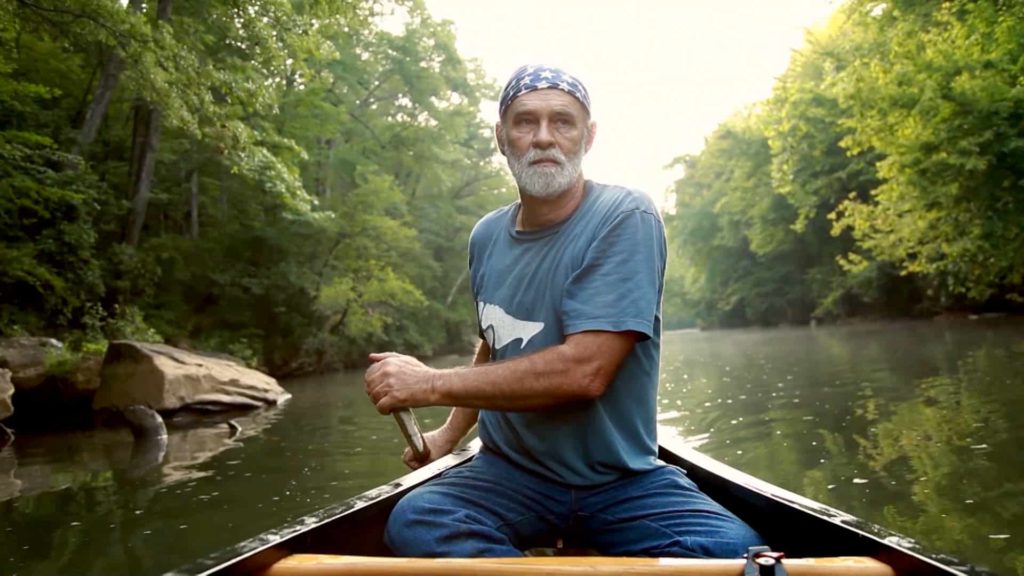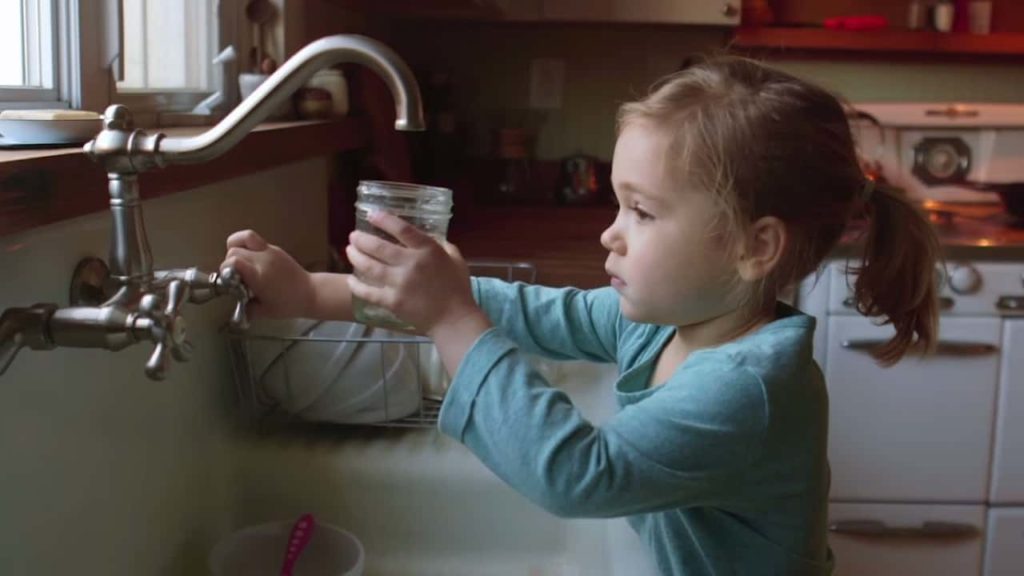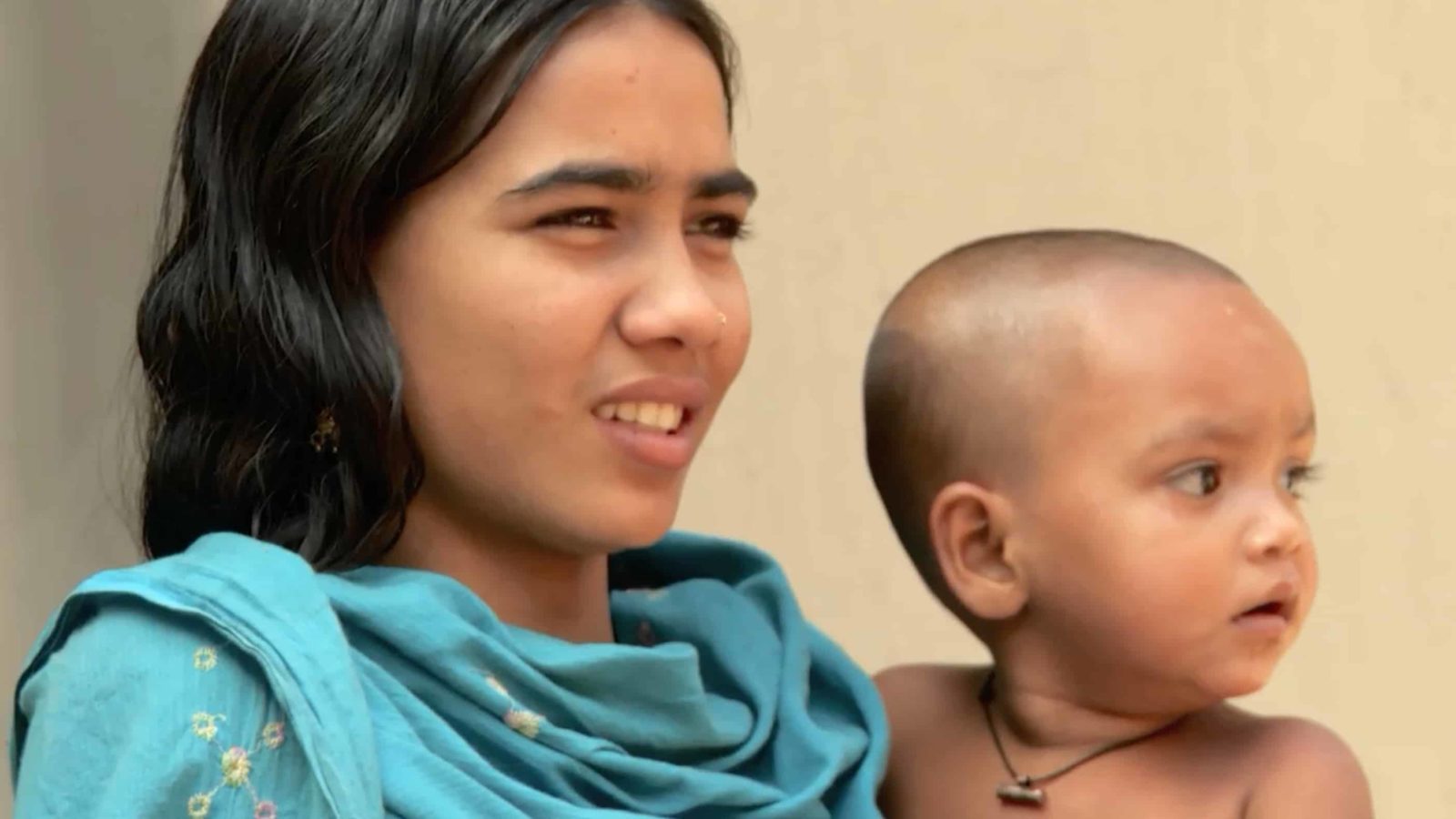A 90-year-old man takes care of more than 300 nest boxes for bluebirds. An Alabama native turns his camera on toxic chemicals. A young woman faces death threats in an effort to save one of the most polluted rivers in Mexico.
On winter evenings, Karen LeBlanc has been scouting films, paring more than 125 down to 25 — to fill Project Native’s 6th annual Film Festival, which opened at Tower Theaters in South Hadley on March 5 and continues with two days of free films March 12 and 13 at the Mahaiwe Performing Arts Center and the Triplex Cinema in Great Barrington.
Saturday night, she will cap the festival with a panel on “Embracing the Greatest Challenge of Our Time.” In past years, the festival has focused on specific and critical challenges — climate change, ocean acidification, food waste. LeBlanc now believes most people accept these as real and serious challenges.
“We are at a pivotal place in time,” she said, “where we need to use our creativity. We have a chance for us as a society to look for change.”

Project Native curates a festival of films honoring the earth icluding the documentary "Silent River."
LeBlanc felt a positive sense and action in many of this year’s films that surprised her.
“It was what I needed this year,” she said.
She needed it in part because Project Native is also at a pivotal time.
LeBlanc confirmed what Project Native’s General Manager, David Ellis, says in the festival program — that Project Native is leaving the farm on North Plain Road. After
12 years at the 1800s farm house, barn, 54 acres and native butterfly house, Project Native is cutting back. They have accepted an offer from Helia Land Design to take on the property with the goal of continuing the native plant nursery, and Project Native is looking for ways to move on with its teaching and programming. So the festival this year takes on for her a new significance.
It carries the message that people can act and make a difference, even against forces as strong as ocean currents or climate.
On Saturday night, the festival will host a panel of change-makers in academics, politics, community, film — Bruce Wynn, co-founder of the Berkshire Environmental Action Team (BEAT); State Senator Benjamin Downing, D Pittsfield; Maia Conty, activist, life coach and community organizer; Quincy Saul, co-founder of Ecosocialist Horizons, who appears in one of the evening’s two films, “Wisdom to Survive: Climate Change, Capitalism and Community”; and documentary filmmaker and storyteller Chris Landry, who created the second film on the program, “Joanna Macy and the Great Turning.”
People of all ages are embracing the challenges of today with ideas and energy, LeBlanc said, like 20-year-old Dutch engineer Boya Slat, who has designed and crowd-funded a football-field-sized device to clean plastic from the ocean using the tides and the currents of the Pacific gyre.
“It’s essential to living on the planet right now,” Conty agreed. ” … We can find solutions to egregious problems — we need to know how to put those solutions into play.”

Project Native curates a festival of films honoring the earth icluding "The Accidental Environmentalists."
She has started two programs in Great Barrington to build community and shift local culture. Walking Our Talk, a set of women’s creation circles, has drawn in more than 120 people to support each other, to listen and take on projects in their lives and in their town. And Conty’s Generosity Economy aims to spread a gift culture, to think about sharing resources and skills in new ways.
She began Walking Our Talk because as a life coach she met many people wrestling with isolation and fear — and she wondered what could happen if they came together and knew they were not alone.
She has seen women in the circles find warmth and play and friendliness, take it in and make things happen. Change close to home, like networking, child care for a single mother or soup for someone sick, also translate into larger projects — like a co-house several younger women now share, or a community giveaway like a free tag sale, or gardens.
“Some people knew gardening, and some didn’t,” Conty said. Those new to it had ecstatic experiences, relaxing into the smell of earth and eating what they grew right off the stalk.
LeBlanc too has seen a new and active spirit in the films she has collected over the six years she has run this festival.
“It used to be easy to put films in categories,” she said — water, social justice, farming.
Now films are seeing connections between issues like these, and people are coming together to deal with them.
To foster this active spirit, with each film LeBlanc will introduce a local group that takes on the challenge the film presents.
“Here’s something you can do,” she said, “a place to volunteer, a way to connect.”

Project Native curates a festival of films honoring the earth icluding "Our Daily Dose."
In LeBlanc’s hands the festival has grown, and she has seen the effects ripple outward. It began with the idea of showing one film and now spans three movie houses, she said. When they screened “Revolution” at the Mahaiwe, one of the first meetings of 350Mass Berkshires, a volunteer climate action group, happened a week later. More than 100 people came, she said, and many had heard about it at Project Native’s event. And their showing of the film “Bag It” at an earlier festival spurred a local ban on plastic bags.
The festival has grown naturally from her enthusiasm.
“No one told me I couldn’t do it,” she said. “That’s the way the butterfly house happened.”
Three years ago, following her own curiosity, she began to research and to watch caterpillars, to look for different shapes of butterfly eggs — ridged around the outside, stacked up, laid out like bricks on a leaf. And over time she made a place where they could grow.
The idea came organically, she said. Since she opened the butterfly house, more than 1,000 people have come to see swallowtails and the cocoons of cecropia moths.

